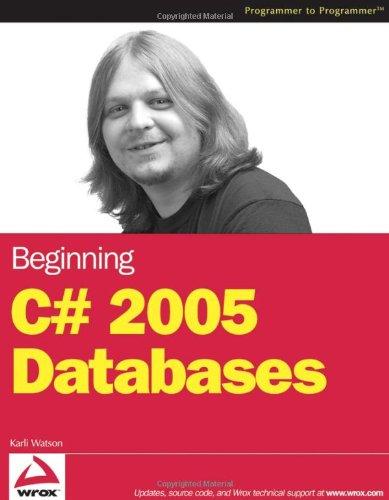Question
Assembly Questions x86: These are word questions 2. With a 6-stage pipelined processor, where each stage takes 2 clock cycles, how many clock cycles does
Assembly Questions x86: These are word questions
2. With a 6-stage pipelined processor, where each stage takes 2 clock cycles, how many clock cycles does it take to execute 10 instructions?
2.5. With a 6-stage non-pipelined processor, with each stage also taking 2 clock cycles, how many clock cycles does it take to execute the same 10 instructions?
3. With respect to the instruction execution cycle, what is the advantage of storing data in registers instead of in memory variables?
4. Our assembly programs uses 32 bits to address memory and can access up to 4 GB of memory. If you write assembly code for a system that uses 16 bits to address memory, what size memory can your program access?
5. If you convert an assembly program that is written for a RISC processor into a program that runs on a CISC processor, would the new program be longer or shorter? Why?
6. How can a program that accesses up to 4GB of memory run on a system that only has 1GB of physical memory?
7. Since conventional memory is slower than the CPU, what does the computer have to help make memory access faster? Your answer should not include registers, they don't help memory access speed.
Step by Step Solution
There are 3 Steps involved in it
Step: 1

Get Instant Access to Expert-Tailored Solutions
See step-by-step solutions with expert insights and AI powered tools for academic success
Step: 2

Step: 3

Ace Your Homework with AI
Get the answers you need in no time with our AI-driven, step-by-step assistance
Get Started


